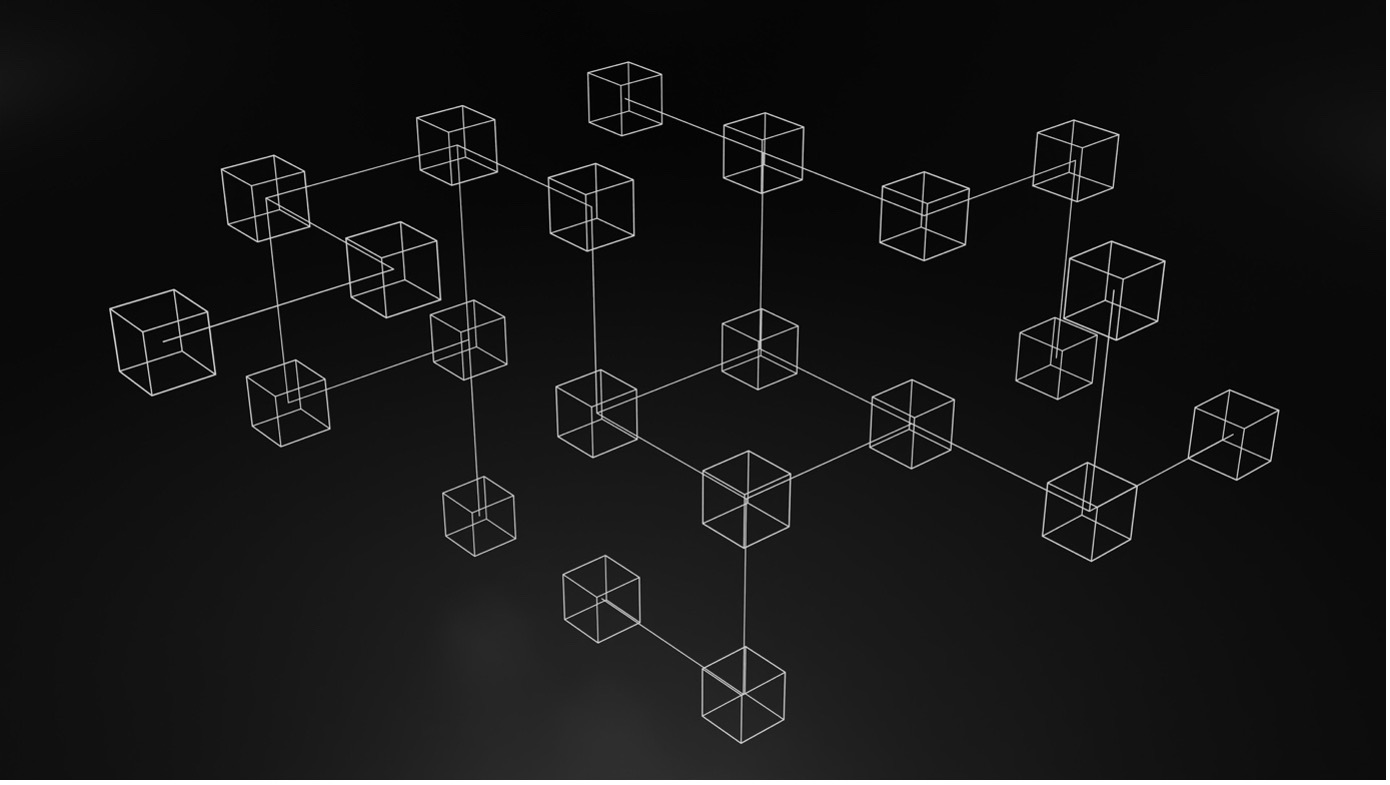Organizations around the world are turning to blockchain technology to improve data storage, security and management. This results in the need to provide extensive testing of applications built on the blockchain network.
What is Blockchain?
A blockchain is a chain that contains data. A blockchain technology or platform can be used to secure, store and manage data in a decentralized and encrypted manner. This addresses current trust or data breach challenges between B2B, B2C and C2B entities. It was adopted by Satoshi Nakamoto in 2009 to create Bitcoin, a digital cryptocurrency. Blockchain technology has since revolutionized the way businesses are run. It is central to digital currencies and service tokens that have become mainstream. There are 3 types of blockchain. These:
- Public blockchain: A public or permissionless blockchain network is one that anyone can join without restrictions.
- Permitted or private blockchain.
- Federation or consortium blockchain.
What is Blockchain Testing?
Blockchain testing is the systematic evaluation of various functional components of the blockchain (e.g. smart contracts). Unlike traditional software testing, blockchain testing includes blocks, mining, transactions, wallets, etc. includes various components such as Blockchain testing helps improve various quality stages, from system performance to security of blockchain implementation. According to Santu Maity, Enterprise Architect at IBM, the best approach to blockchain testing involves the entire environment. This includes both mobile and web blockchain-based applications that interact with the functional component of the blockchain system such as an API, smart contracts, and nodes.
Blockchain Test Types
- Functional Testing: Adding a block to the blockchain is the basic testing of components, systems and their functions, such as block size, chain size. After the validity of the transaction is verified, the new blockchain is added to the chain.
- Integration Testing: Tests the integration or interfaces between components and different parts of the system. Since there are multiple components in the blockchain application, integration tests must be done properly and frequently to test that all components are properly integrated.
- Security Testing: Security testing is essential for debugging a blockchain application, as the blockchain is used in high-security financial environments, government environments, or regulatory environments.
- Performance Testing: One of the most important criteria of blockchain applications is speed. Performance depends on the size of the network and operations are tested in such tests.
- Cycle Testing: The strength of a blockchain is maintained through consensus across all cycles as transactions are added to the network. This consensus protocol needs to be tested to ensure transactions are stored in the proper order.
- Smart Contracts Test: Smart contracts are software modules on the blockchain that execute transactions automatically. SC testing involves making sure that the parties involved in the transactions follow the rules.
- API Testing: Depending on the application, the blockchain may trigger events or external applications. The API plays a key role here, and API testing needs to consider the interaction of applications inside and outside the blockchain system.

Types of Tools and Frameworks for Blockchain Testing
Lack of best practices, generation of appropriate test data, and dealing with scale, security and performance are some of the challenges to watch out for in blockchain testing. The following Framework types can help you navigate them.
- Ethereum Tester: It is an open source testing library available on GitHub. Installation is relatively simple. It has very good API support for fork mining and other testing functions.
- BitCoinJ: A Java-based framework for Bitcoin-based applications. Allows interaction with the BTC network to test transactions.
- Populus: It is built on the Py.test Framework and has Ethereum testing functionality available in the form of a specific set of features for test contract deployment.
- Ganache: Helps you review all blocks and transactions to get an idea of what’s under the hood. You can quickly launch a personal Ethereum blockchain that you can use to run tests, execute commands, and examine status while checking how the chain works.
- Manticore: A symbolic execution tool for analysis of smart contracts and binaries with features such as program discovery, input generation, error discovery.


